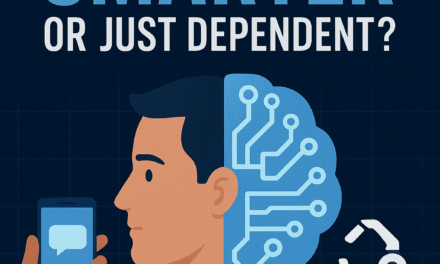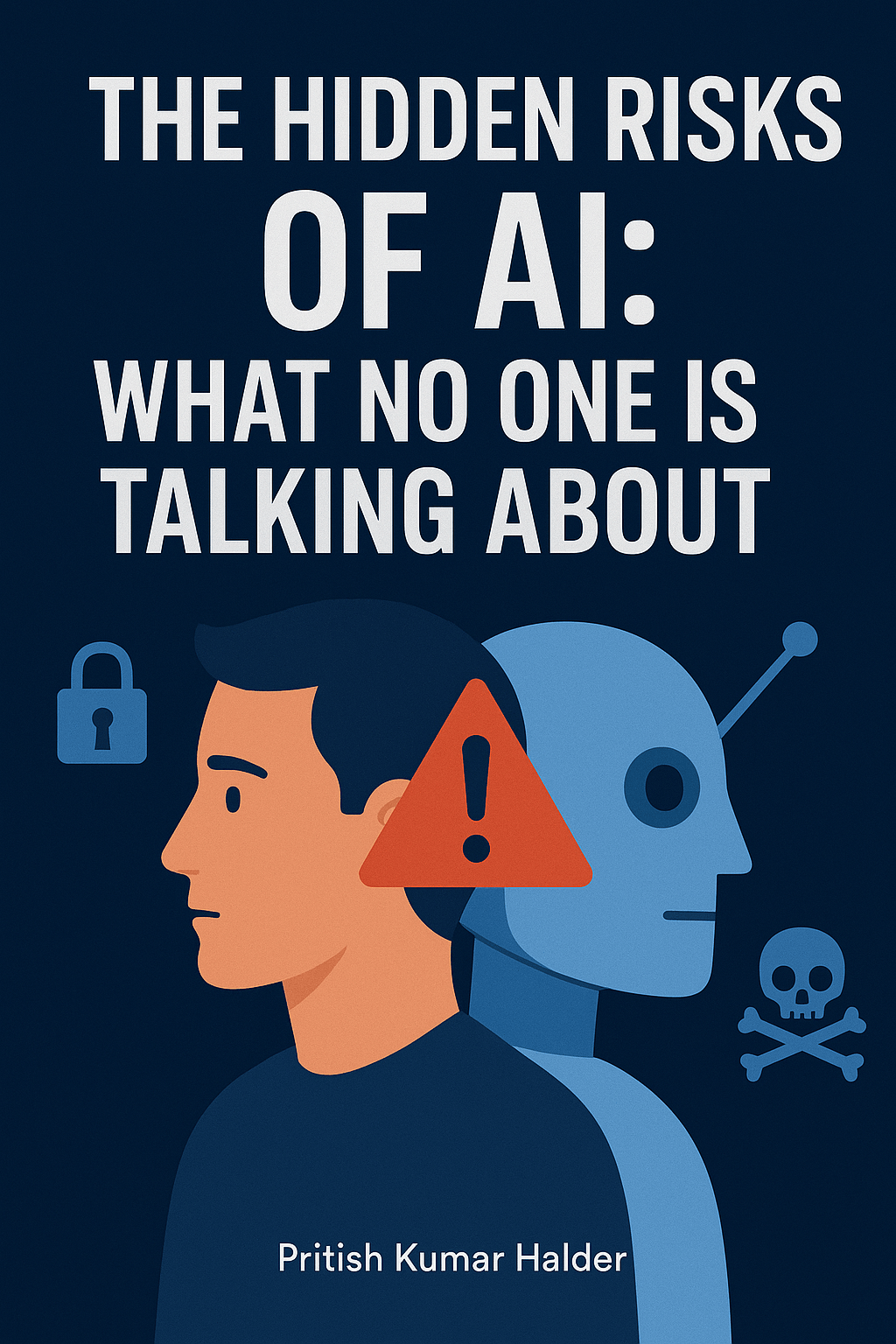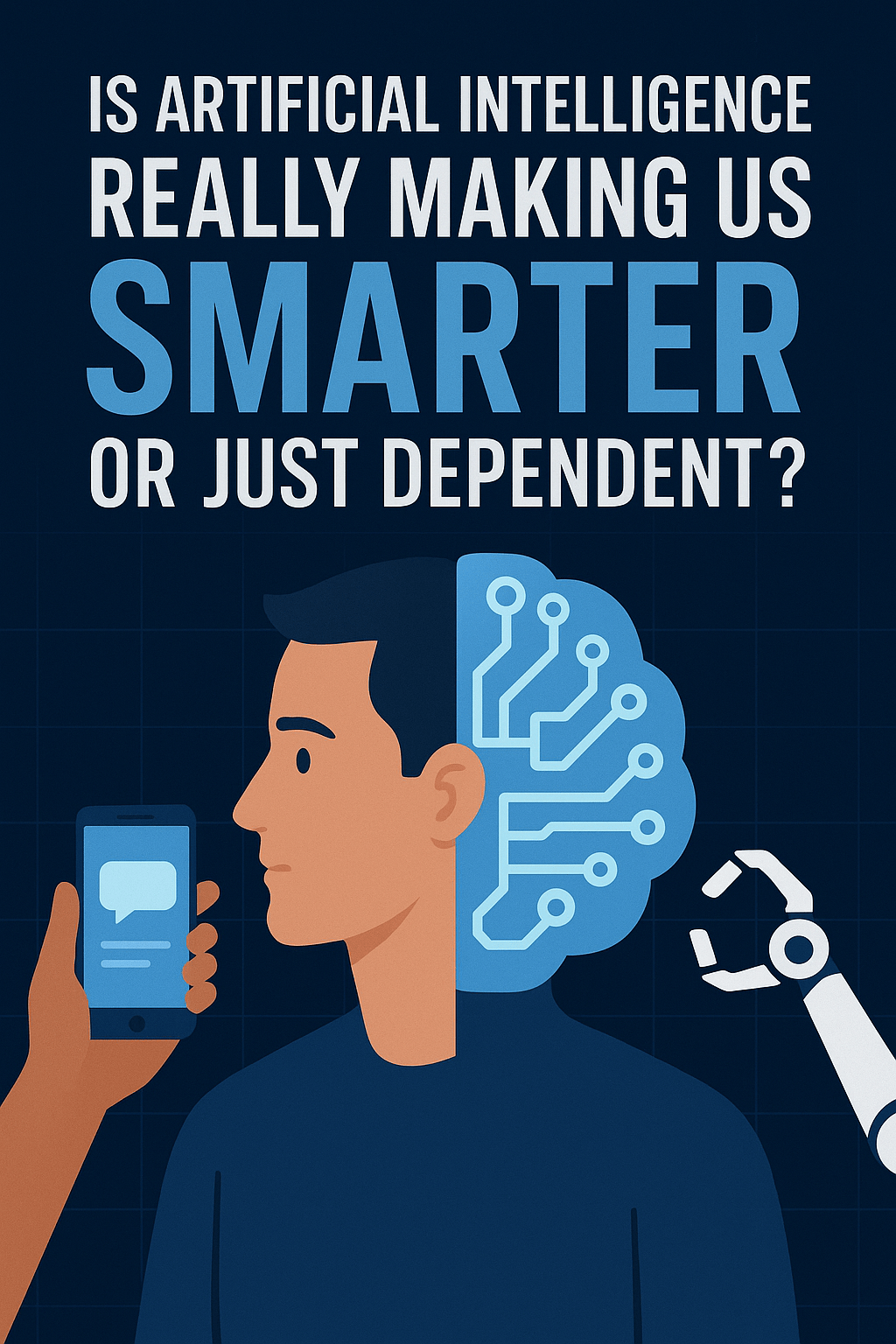In today’s world, data is the new currency. Every click, purchase, and search generates valuable insights that companies can leverage to make smarter, faster decisions. In Canada, an increasing number of companies are tapping into the power of AI and big data to drive their business strategies, streamline operations, and enhance customer experiences.
From small startups to large enterprises, AI and big data are transforming the way Canadian companies operate. In this blog, we will explore how AI and big data are being used by Canadian companies and why the country is at the forefront of this exciting revolution.
The Rise of AI and Big Data: A Perfect Partnership
Artificial Intelligence (AI) and Big Data are two of the most powerful forces driving business innovation today. While big data refers to the massive amount of information generated every day from various sources—social media, online transactions, IoT devices—AI refers to the systems that can analyze, process, and make sense of this data in real-time.
By combining these two technologies, Canadian companies are discovering new opportunities, optimizing their operations, and solving problems in ways that were once unimaginable. AI algorithms can sift through enormous datasets, find patterns, and offer actionable insights that help businesses make decisions with precision.
But how are Canadian companies using AI and big data? Let’s dive into some of the most exciting applications.
AI and Big Data in Retail: Revolutionizing Customer Experiences
Canada’s retail sector is no stranger to the impact of AI and big data. Retailers are using advanced AI algorithms and big data analytics to enhance customer experiences, drive sales, and increase customer loyalty. With AI-driven tools, retailers can personalize recommendations, optimize inventory, and predict demand with impressive accuracy.
Take Shopify, one of Canada’s biggest e-commerce success stories. The Ottawa-based company is using AI and big data to offer merchants valuable insights into their customer behavior. With tools that analyze purchase history, browsing patterns, and social media activity, Shopify helps its clients make data-driven decisions to improve marketing strategies and increase sales.
Similarly, MEC (Mountain Equipment Co-op) is leveraging AI and big data to personalize its offerings to customers. By analyzing data from past purchases and browsing habits, MEC can create individualized product recommendations and promotions that resonate with each shopper.
For brick-and-mortar retailers, AI and big data offer a way to enhance the in-store experience. Loblaw Companies Limited has started using big data to analyze customer behavior in real-time and optimize store layouts, improve product placement, and predict demand for specific items, ultimately improving the customer shopping experience.
AI and Big Data in Healthcare: Revolutionizing Patient Care
Canada’s healthcare sector is undergoing a digital transformation, with AI and big data playing an increasingly crucial role. From predicting patient outcomes to optimizing treatment plans, AI-powered analytics are enabling healthcare professionals to deliver more personalized care and make better-informed decisions.
One example is Rna Diagnostics, a Toronto-based company that uses AI and big data to revolutionize how medical conditions are diagnosed. By analyzing genetic data, medical records, and other health data points, Rna Diagnostics’ AI algorithms can predict the likelihood of diseases, allowing doctors to intervene earlier and personalize treatment plans.
Another standout is BlueDot, a Toronto-based health-tech startup that combines AI with big data to track and predict the spread of infectious diseases. Using data from global health organizations, news reports, and social media, BlueDot is able to identify potential outbreaks and warn healthcare organizations before they become pandemics.
In addition to these innovations, Canadian hospitals are increasingly using big data analytics to optimize patient care. Hospitals are using data to predict patient admission rates, manage resources more efficiently, and even identify early warning signs of disease outbreaks within their communities.
AI and Big Data in Finance: Smarter Investments and Risk Management
Canada’s financial services sector has also been quick to adopt AI and big data, and it’s paying off. Financial institutions are using these technologies to improve risk management, optimize investment strategies, and enhance customer service.
WealthSimple, one of Canada’s largest online investment management firms, uses AI to power its robo-advisor platform. By analyzing clients’ financial situations, goals, and risk preferences, WealthSimple’s AI algorithms create personalized investment portfolios designed to maximize returns. The company also uses big data to track market trends, helping it make more informed investment decisions.
Similarly, MindBridge Ai, an Ottawa-based startup, is transforming the world of auditing with AI. Using big data analytics and machine learning algorithms, MindBridge Ai analyzes financial transactions to identify anomalies that could indicate fraud or accounting errors. This approach allows auditors to perform more thorough and accurate audits, saving time and improving the integrity of financial reporting.
Banks like TD Canada Trust are also leveraging big data and AI to offer more personalized services to customers. By analyzing transaction data and customer behavior, banks can offer tailored financial products and services that meet the unique needs of each individual.
AI and Big Data in Transportation: Smarter Mobility and Logistics
Canada’s transportation and logistics sectors are also experiencing a major transformation thanks to AI and big data. From self-driving vehicles to predictive maintenance, AI-powered systems are helping companies optimize operations, improve safety, and reduce costs.
Clearpath Robotics, based in Kitchener, is a leader in autonomous vehicles and robotics for the logistics industry. Using AI and big data, Clearpath’s autonomous robots are improving warehouse efficiency by automating material handling and reducing human error. These robots use AI to navigate warehouse floors and analyze data to optimize routes, saving time and improving safety.
The Toronto Transit Commission (TTC) is also using AI and big data to improve public transportation. By analyzing ridership data and traffic patterns, the TTC can predict peak travel times and adjust schedules accordingly. This helps reduce congestion and improves the overall efficiency of the city’s transit system.
AI and Big Data in Agriculture: Feeding the World Smarter
Agriculture may seem far removed from the world of AI and big data, but in Canada, these technologies are revolutionizing farming practices. With the help of AI and big data, Canadian farmers are making smarter decisions about everything from crop management to resource allocation, increasing productivity and sustainability.
One example is Resson, a New Brunswick-based startup that uses AI and big data to optimize crop yields. By analyzing satellite images, weather patterns, and on-the-ground sensor data, Resson helps farmers predict pest infestations, diseases, and other risks, allowing them to take preventative action before problems arise.
Similarly, Semios, a Vancouver-based company, is using AI and big data to monitor crop health, track pests, and optimize pesticide usage. Through data analysis, Semios helps farmers make data-driven decisions that improve crop yields while reducing their environmental footprint.
Why Canada is Leading the Way in AI and Big Data
Canada’s leadership in AI and big data is driven by a combination of factors:
- World-Class Talent: Canada is home to some of the world’s best AI researchers, thanks to institutions like the University of Toronto, McGill University, and the University of British Columbia. These institutions are producing top talent that is fueling innovation across industries.
- Government Support: The Canadian government has shown strong support for AI and big data, offering funding and incentives to foster innovation in these fields. The Pan-Canadian Artificial Intelligence Strategy, for example, has helped Canada become a global hub for AI research and development.
- Growing Tech Ecosystem: Canada’s thriving tech ecosystem, especially in cities like Toronto, Vancouver, and Montreal, is creating an environment where startups and established companies can collaborate and grow. This has attracted global investors, leading to a steady flow of capital into AI and big data ventures.
- Diversity and Collaboration: Canada’s multicultural and diverse workforce fosters creativity and innovation. The collaborative culture within the Canadian tech community allows companies to leverage data in new and innovative ways, creating solutions that work for people from all walks of life.
The Future of AI and Big Data in Canada
Looking forward, the future of AI and big data in Canada is incredibly promising. As the country continues to harness the power of these technologies, Canadian companies will remain at the forefront of global innovation, improving business operations, customer experiences, and quality of life. With AI and big data driving smarter decisions across industries, the possibilities for growth and success are endless.











